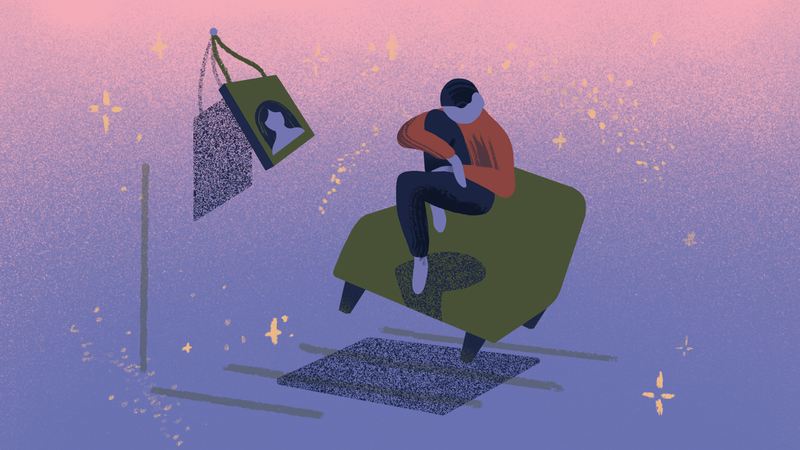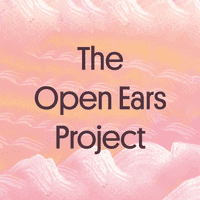The Open Ears Project - Episode Seventeen: On Elevation
CLEMENCY BURTON-HILL: Welcome to the Open Ears Project, day 17.
[MUSIC - Clair De Lune by Debussy]
EDDIE IZZARD: I am Eddie Izzard and I have chosen a piece by Claude Debussy.
It's Clair de Lune.
I had safety music when I was growing up, and I think that was something to do with mom dying and wanting to go to this safe place.
I was 6, my brother was 8, and my mom played the piano. So I do link Mom with um... With a whole emotional side, and I know that was a controlling thing, to control my emotions.
It's got this strange emotion that takes you out of the world and it repeatedly does this to me. And it mucks about with the time in a way that's almost like if someone played the piece emotionally. Just go with it, feel it, feel the music.
Like if you're doing a speech in a drama, you should be driven by the emotion. If you're driven by a metronome then you've lost the connection with the public. But the timing is just emotional rather than anything you can beat out.
It just keeps moving. It actually takes you off the ground. If you listen to it you are floating in the clouds, which doesn't make logical sense but that's what it feels like.
I think it keeps you in a place that takes you out of everyday life so anything that elevates you is going to be good for anyone.
CBH: Eddie Izzard chose Debussy’s Clair De Lune, which you can hear in full in just a moment. The whole thing is only about 5 minutes long and as he said he really does have the effect of taking you out of yourself, elevating your day. We love hearing how the stories and the music of the open ears project are having an impact on your lives, thank you for being in touch. And if you want to share your musical memories you can do so by email hello@openearsproject.org or on social media using the hashtag openearsproject, where you can also find me on Instagram and Twitter at clemencybh. Alright, here’s Debussy. I’ll be back tomorrow.
Copyright © 2019 New York Public Radio. All rights reserved. Visit our website terms of use at www.wnyc.org for further information. New York Public Radio transcripts are created on a rush deadline, often by contractors. This text may not be in its final form and may be updated or revised in the future. Accuracy and availability may vary. The authoritative record of New York Public Radio’s programming is the audio record. Note: The copyright date for any new transcripts should reflect the year the transcript is created. Also, for transcripts being created now for shows in the past, and send out or posted now, the language should be on the transcript (again, with the copyright date the transcript was created). For example, any transcripts created between now and the end of the year would have the copyright date of 2019, even if the show was made in 2018.

